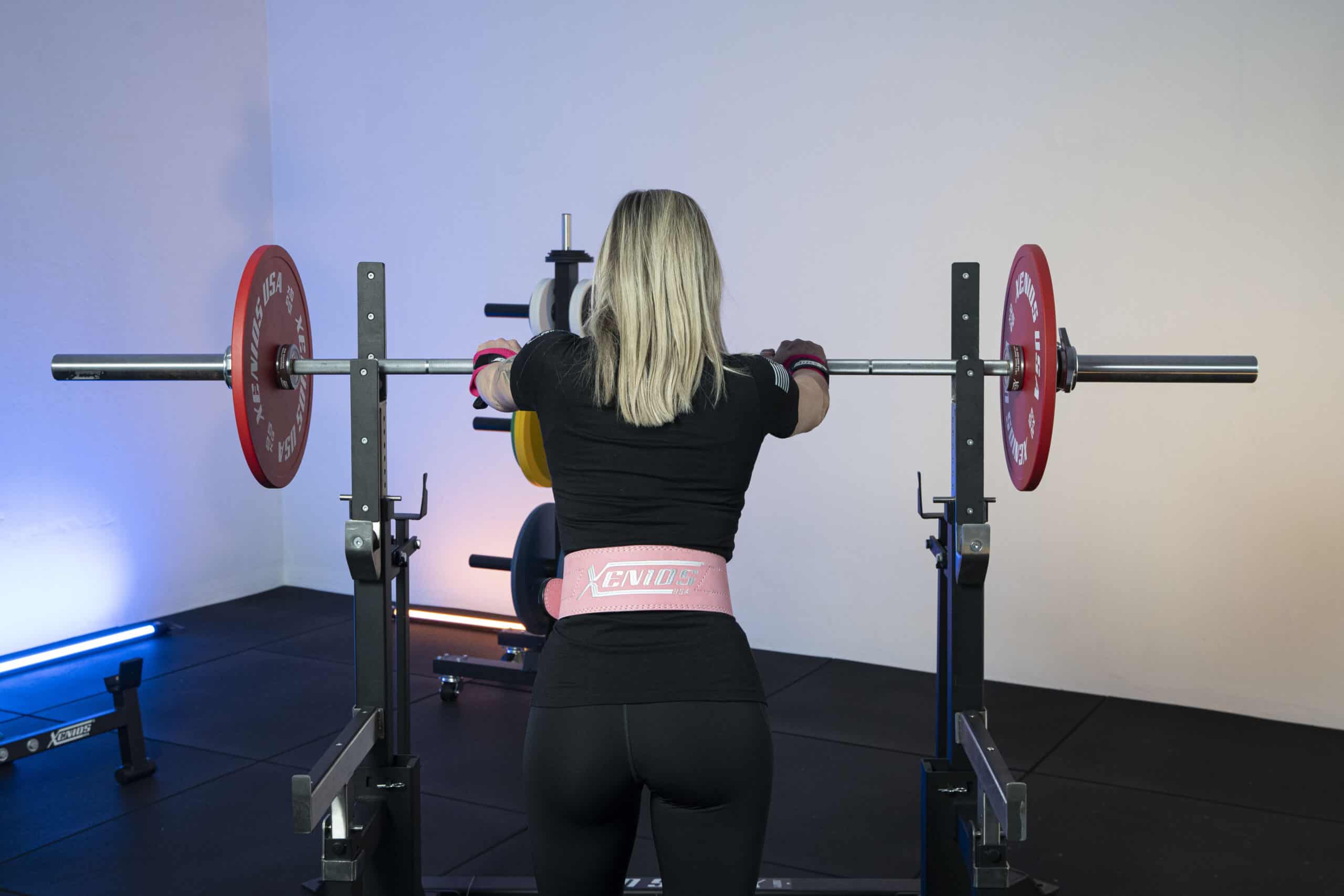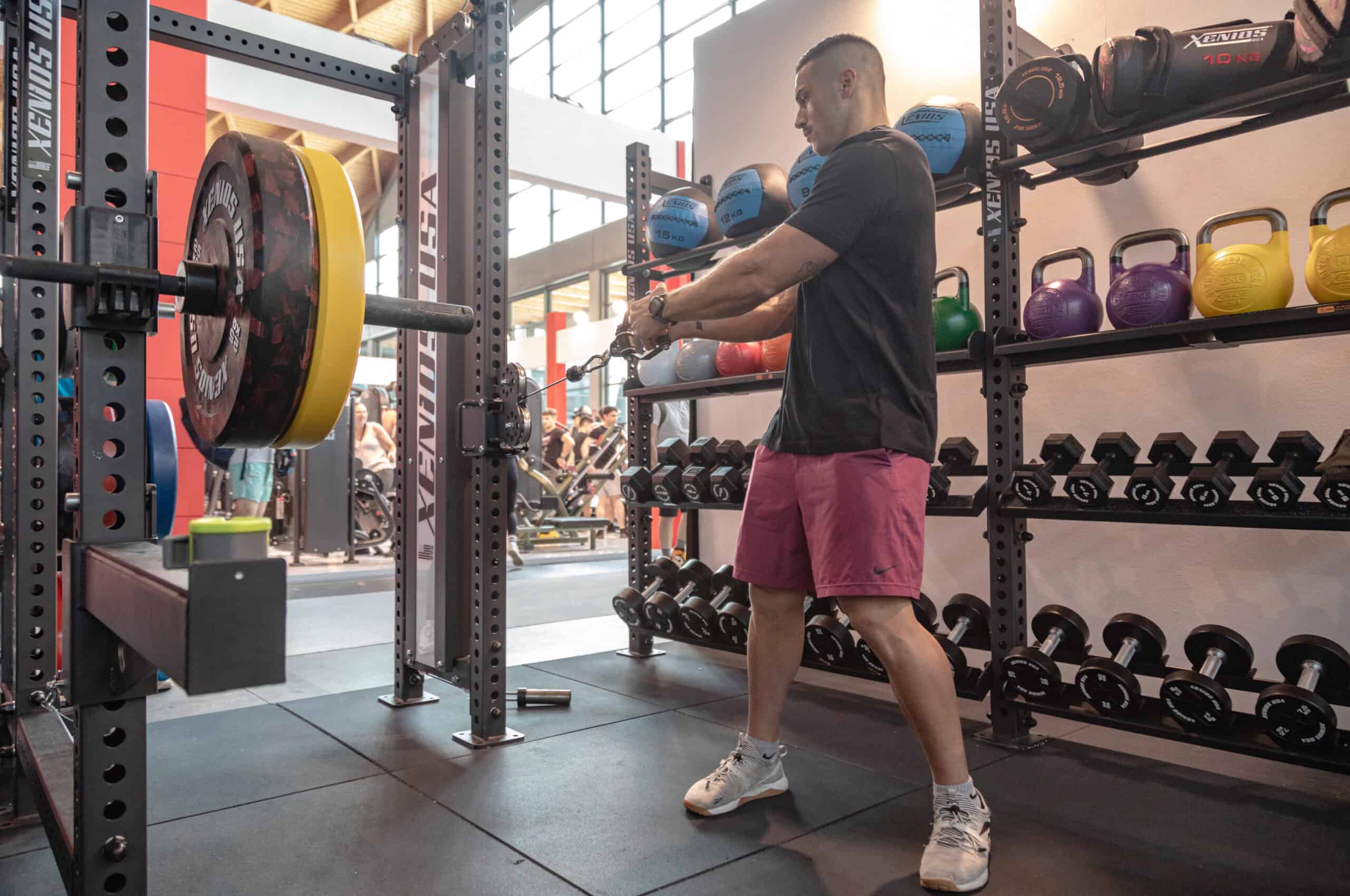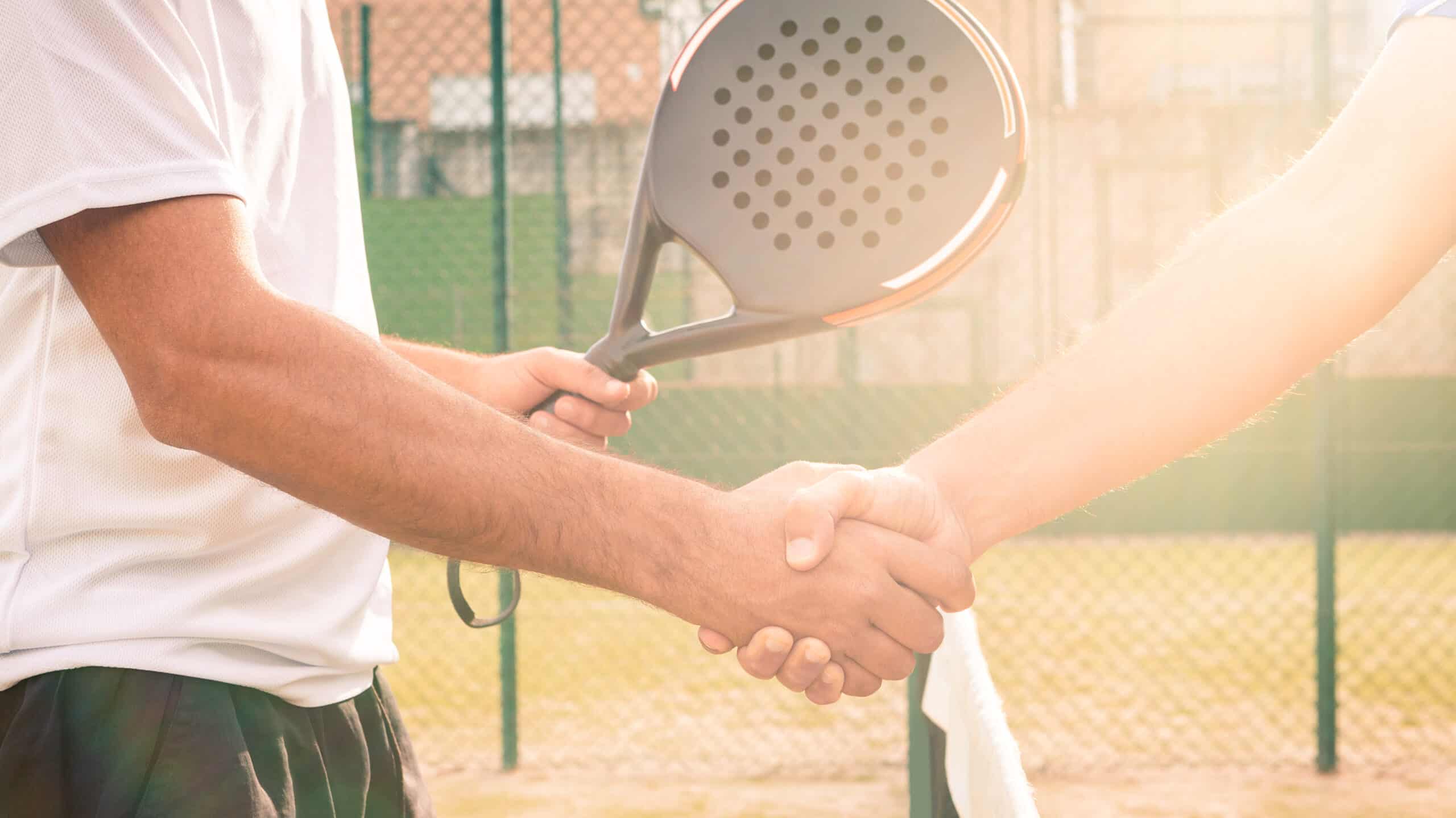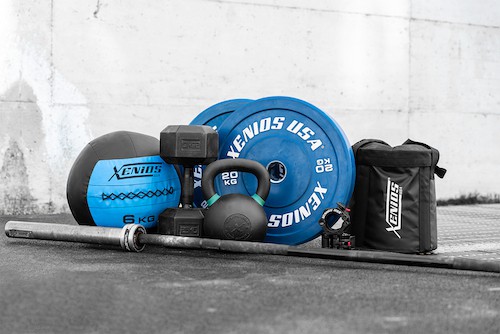The arrival of summer makes the day become hotter and longer, the occasions with friends become more frequent and there are people who feel more motivated to go to the gym as those who, contrarily, suffer in the hotter weather.
What to eat in the summer
80% of the water that we need has to be provided by liquids, so the simple mineral water bottle becomes our most precious ally. Water in itself contains many important minerals and can be made more appetizing by infusing it with tea (cold infusions) or with lemon juice. The rest of our hydration needs are usually met with nutrition: fruit and vegetables are super important sources of nutrients, vitamins, and especially water. For example, watermelon with only 10 kcal/100g, is made of 90% water, it’s digestible, light and delicious! We should give preference, however, to the raw versions of fruit: better to have a snack with a whole fruit, like a piece of watermelon or a nice mix of cut-up fruits than to drink a fruit juice. When fruit is put into a blender or cooked, its sugars become free and increase the glycemic index, not to mention that they also can lose a lot of vitamins and minerals that are thermo sensitive and reduce the quantity of fiber. Furthermore, chewing fruit is a lot more satiating and gratifying than drinking a juice.
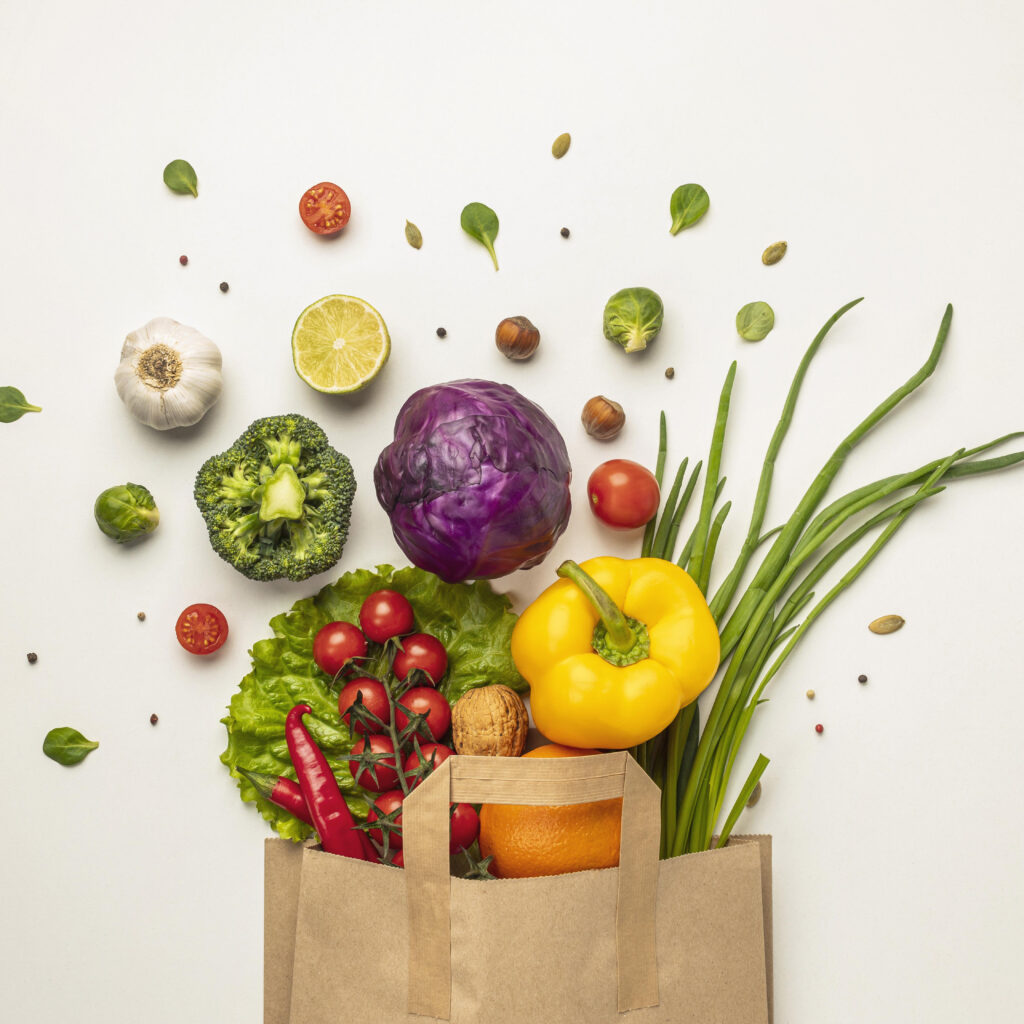
Summer foods
Which foods should be preferred in the summer?
Foods rich in vitamins and minerals
Like fruit and vegetables that are in season, which gives us a big range to choose from. Every color is a symbol of the nutrients that it contains, so mixing colored foods is a great way to get a full dose of vitamins, making your table joyful and making eating healthy less monotonous!
Foods with little salt
If dehydration is right around the corner, salt consumption surely doesn’t help us stay hydrated! Avoid processed foods, adding extra salt and consume fresh products as a better strategy! Even here the world of vegetables offers us valid help: what’s fresher, lighter, and more full of vitamins than fruit, legumes, and vegetables? Pay attention to how they’re consumed though. Make sure you carefully wash them and give preference to those without added salt or with a reduced amount of salt (sodium
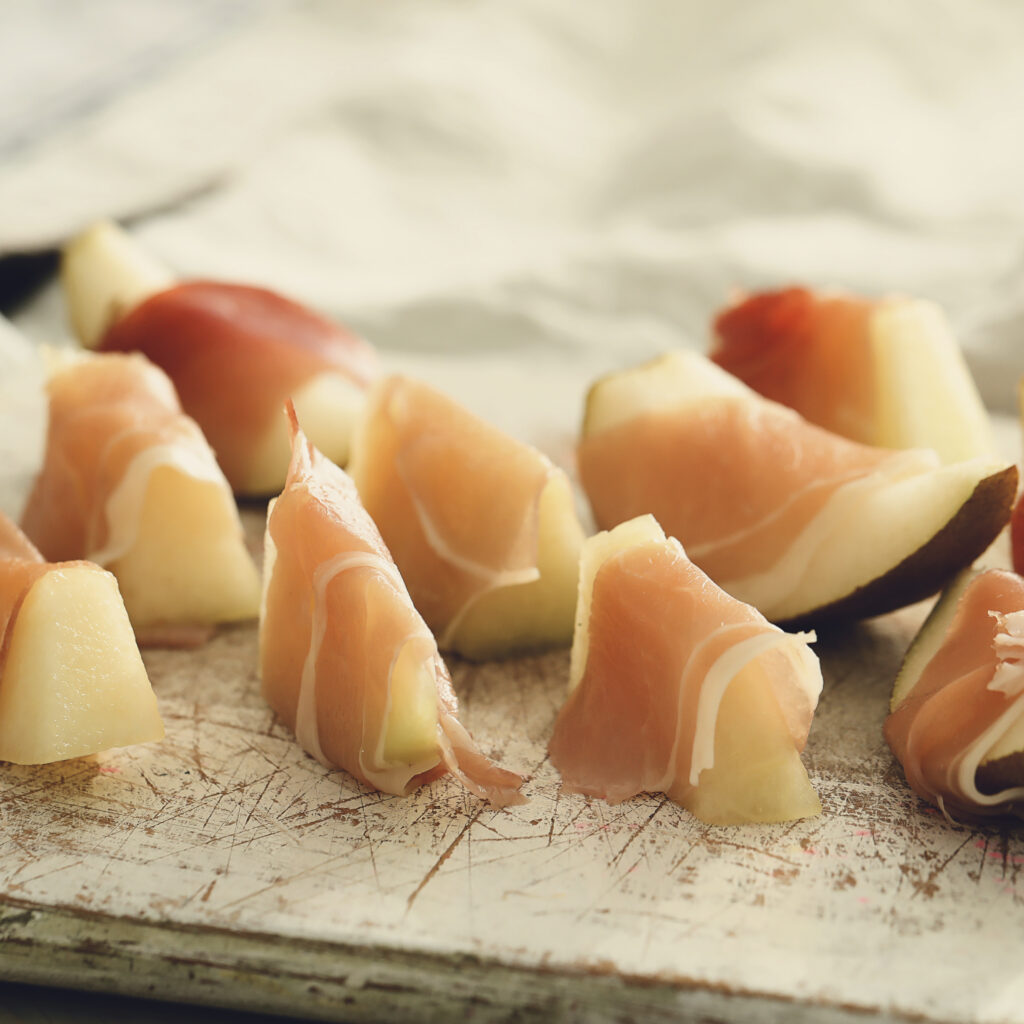
Fresh and easily digested foods
Whole wheat pasta, multigrain cereals, lean meat and fish, light cooking, legumes, light condiments, are the best way to stay hydrated, healthy and to stay energized because remember that even if the heat takes away our appetite or makes us feel a bit lazier, correct nutrition helps us combat the feelings of fatigue and gives us our energy back!
Cold meals are certainly more inviting in this season and this allows us to take advantage of this fact by spending less time with the stovetop.
For breakfast we can have a delicious, cold porridge prepared the night before, leaving for the whole night 40 g of oats in 200 ml of milk and enriching it with extra dark chocolate and a bit of fresh fruit mixed together! Lunch at the office or at the beach can consist of cold pasta with small tomatoes and mozzarella, or black rice, shrimp and zucchini and for a vegan alternative, cous cous (that cooks to absorption in 5 minutes) with vegetables and chickpeas. For a snack, fresh yogurt is our best friend, along with soy, or prepare frozen yogurt with fruit in the freezer to have whenever you’d like, and as we’ve seen, one or two ice creams a week can be part of a healthy and balanced diet!
In the evening, if you don’t have much time or you come home late from the beach, large salads are the perfect light and quick dinner because they’re rich with nutrients: like prosciutto and melon with bread and salad is a complete and fresh dinner – or a seafood (vapor-cooked) salad with bread, tomatoes and cucumbers or a cold omelets with eggs and potatoes and as a vegetarian alternative, a salad with emmer wheat and lentils is a rich source of fiber, vitamins and minerals!
Bibiliography
- European Hydration Institute 2015; EFSA Panel on Dietetic Products, Nutrition, and Allergies (NDA) 2010.
- Gelati e sorbetti, nutrienti non solo per l’estate Risponde: Pietro A. Migliaccio, Martina Comuzzi
- I nutraceutici nello Sport F. Angelini
- Non solo per l’estate, alimentazione prevenzione & benessere.

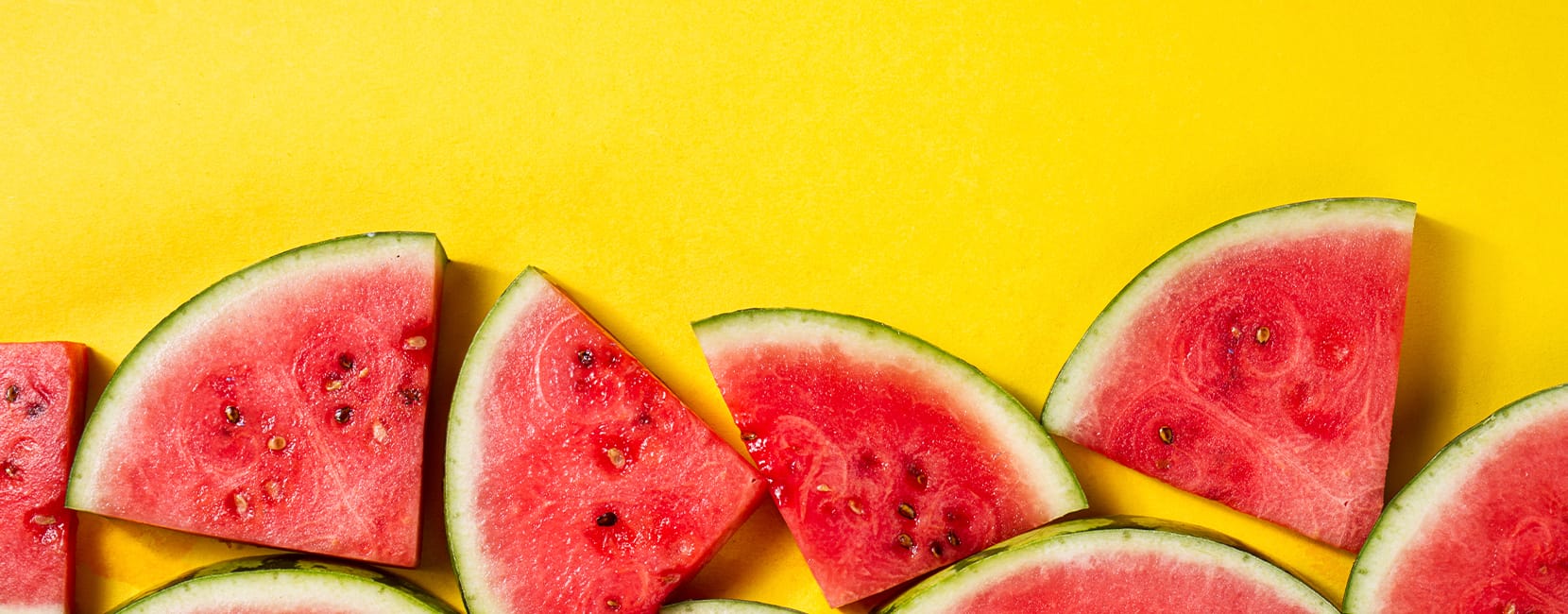


 Since 2009, we’ve been by your side, helping you create the perfect training spaces for Cross Training Boxes, Personal Trainer Studios, and professional Home Gyms.
Since 2009, we’ve been by your side, helping you create the perfect training spaces for Cross Training Boxes, Personal Trainer Studios, and professional Home Gyms.

